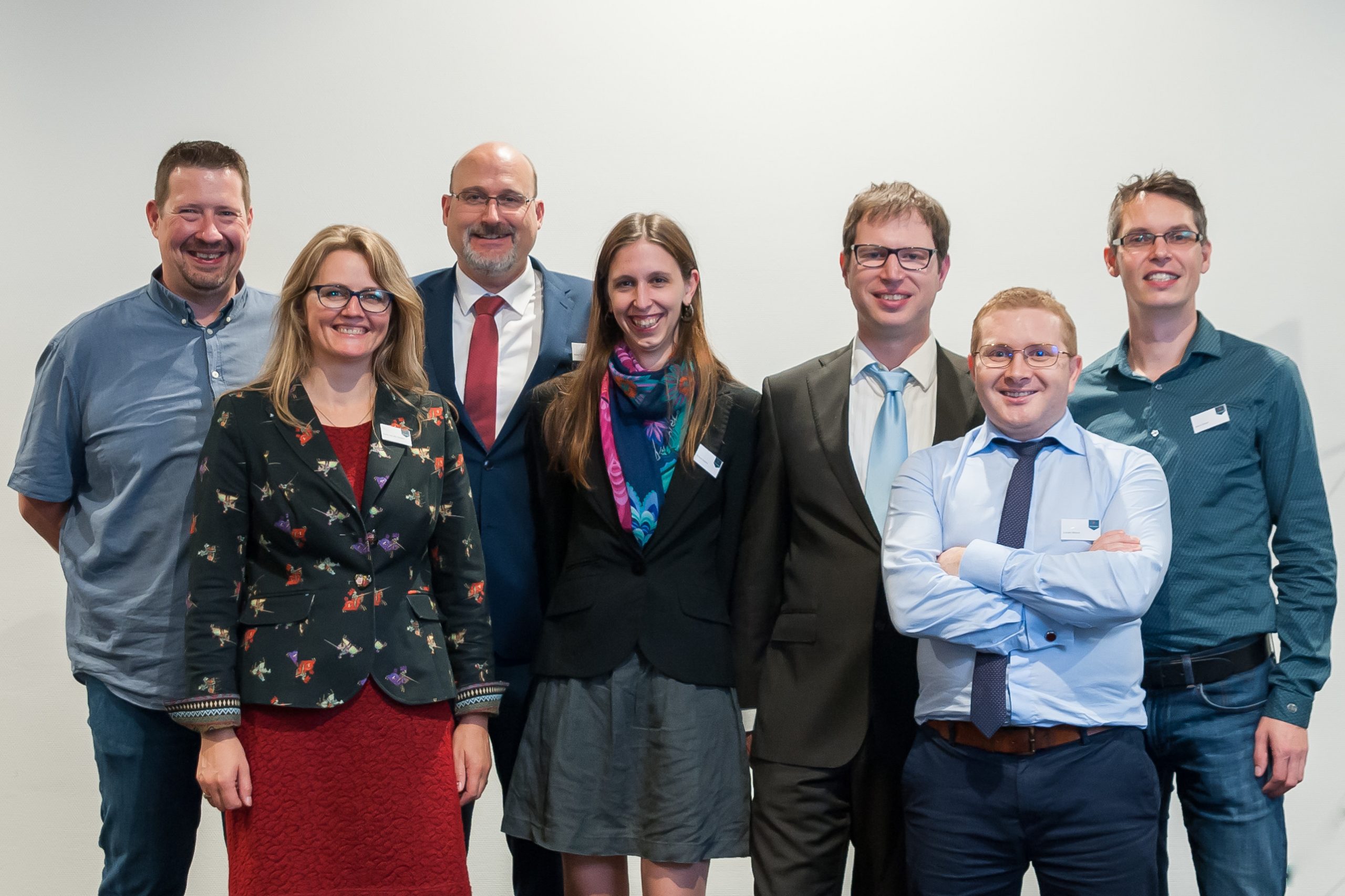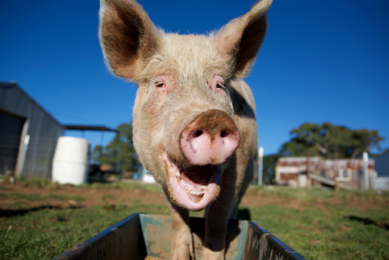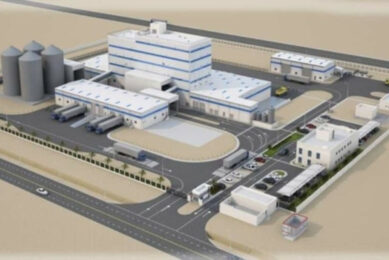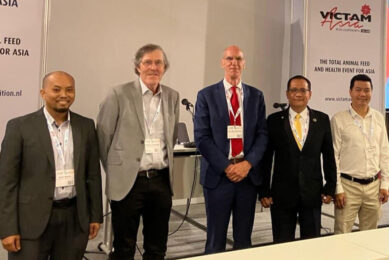Zetadec: 10 years of feed optimisation

Since its foundation in 2007, the Dutch company Zetadec has fine-tuned its expertise in feed manufacturing technologies. All About Feed talked to the people behind this company.
Zetadec is a consultancy company, based in Wageningen, the Netherlands with focus on R&D, consultancy and training in the field of feed and fertiliser business. Menno Thomas, founder of Zetadec, already developed his interest in animal nutrition and feed technology when he did his thesis on the physical quality of pellets as part of his studies at Wageningen University. After his studies, he worked for seven years with the Feed Innovation Service (FIS), a Dutch feed research centre.
In 2007, Mr Thomas decided to start his own R&D consulting company in the field of animal feed, human nutrition and biomass and Zetadec was born. Oriane Guérin joined the company in 2010 as a junior researcher and expert in feed technology and explains: “We specialise in the interaction of raw materials and processing technologies. In the beginning we were just 2 of us at the company, but now there are 5 employees and 2 part time employees for external services.”
Development of models
The company celebrated its 10 year anniversary in 2017. Mrs Guérin explains: “In 10 years, we have grown slowly and we still use the thesis from Menno as a basis. The information and hypotheses of this thesis, focused on the influence of transformation processes on the raw materials of a pellet (conditions for obtaining a good hardness, durability or particle size distribution, importance of proteins, starch, impact of the quantity of water on fibres, extrusion tests, etc.) are further fine-tuned and explored by Zetadec.” The company’s mission is to understand what is happening at ingredient level when feed is processed.
To understand this, the company analyses several parameters (temperature, humidity). The research laboratory is equipped to execute microscopic analyses, particle size distribution, calorimetric analysis, spectroscopic analyses and the use of equipment for pressure, compression and extension tests. The laboratory is also home for equipment on an industrial scale, such as high and low shear pelleting equipment and using extrusion at low pressure and pelleting / spheronisation (with coating possibilities). The characterisation of the particles according to the manufacturing parameters leads to the development of models. These models can predict the best production parameters of a formula and are used to optimise the manufacturing processes.
Requests from clients
Zetadec’s customers are mainly feed manufacturers in the Netherlands, but work is also commissioned from other parts in the world such as Asia or North Africa. “Our goal is to help them produce better, faster and cheaper. In addition, I believe that sustainability of manufacturing processes will become even more important,” says Mrs Guérin.

Customer requests vary and for example include questions to develop a product with a coating of active ingredients, to delay their release in the digestive tract of the animal. Alternatively, clients want to estimate the elasticity and whether it is chewable enough, as hardness and durability are not always a good indicator of pellet quality or want to conduct pellet production tests to evaluate the effect of adding specific functional ingredients. In addition to its team of experts, the research laboratory is an important asset. With 3 climate chambers, the laboratory makes it possible to verify Zetadec’s assumptions by testing the stability of additives under different humidity and temperature conditions. Also, density, hardness, porosity and particle size are measured. With this, Zetadec can help its customers to optimise their production process or to conceptualise new production lines for new products, while carrying out operational tests, from laboratory scale to industrial scale.
Working with OEMs
Zetadec has a lot of projects in the pipeline for the coming years. Predictive models can still be improved by integrating new parameters such as the intensity of the conditioner mix or by analysing the behaviour of several ingredients of a formula instead of a single one (current method).
“We could deepen our hypotheses and optimise our prediction models. For example. More work can be done in predicting the size of corn particles after grinding, already in the pre grinding stage. The Zetadec customer panel has even expanded to Original Equipment Manufacturers (OEMs). Menno Thomas and his team are increasingly working in partnership to create and develop machines adapted to the new expectations of animal feed professionals. “We are also open to new partnerships as we feel that there are still many development opportunities on the technology side.
For example, customers increasingly ask us about the processing of the production data of a feed plant and the statistical analysis of the latter to find sources of improvement of the manufacturing processes.” Furthermore, the company is focusing more on doing training courses for students and customers. This is of high demand because there is an increasing lack of knowledge about feed technologies. “In the animal nutrition sector, a strong focus is on the nutritional values. But often the effects of processing technologies on digestibility are forgotten. In the food sector there is more knowledge available, compared to the feed sector,” says Mrs Guérin. According to Menno Thomas, challenges for the next 10 years include: Continue to develop research and development projects and provide services to the industry, advise clients through corporate visits wherever they are in the world and help them reduce their costs, and develop more training course. In addition to feed, Zetadec is also developing more and more research and advisory activities in the field of liquid fertilisers.











